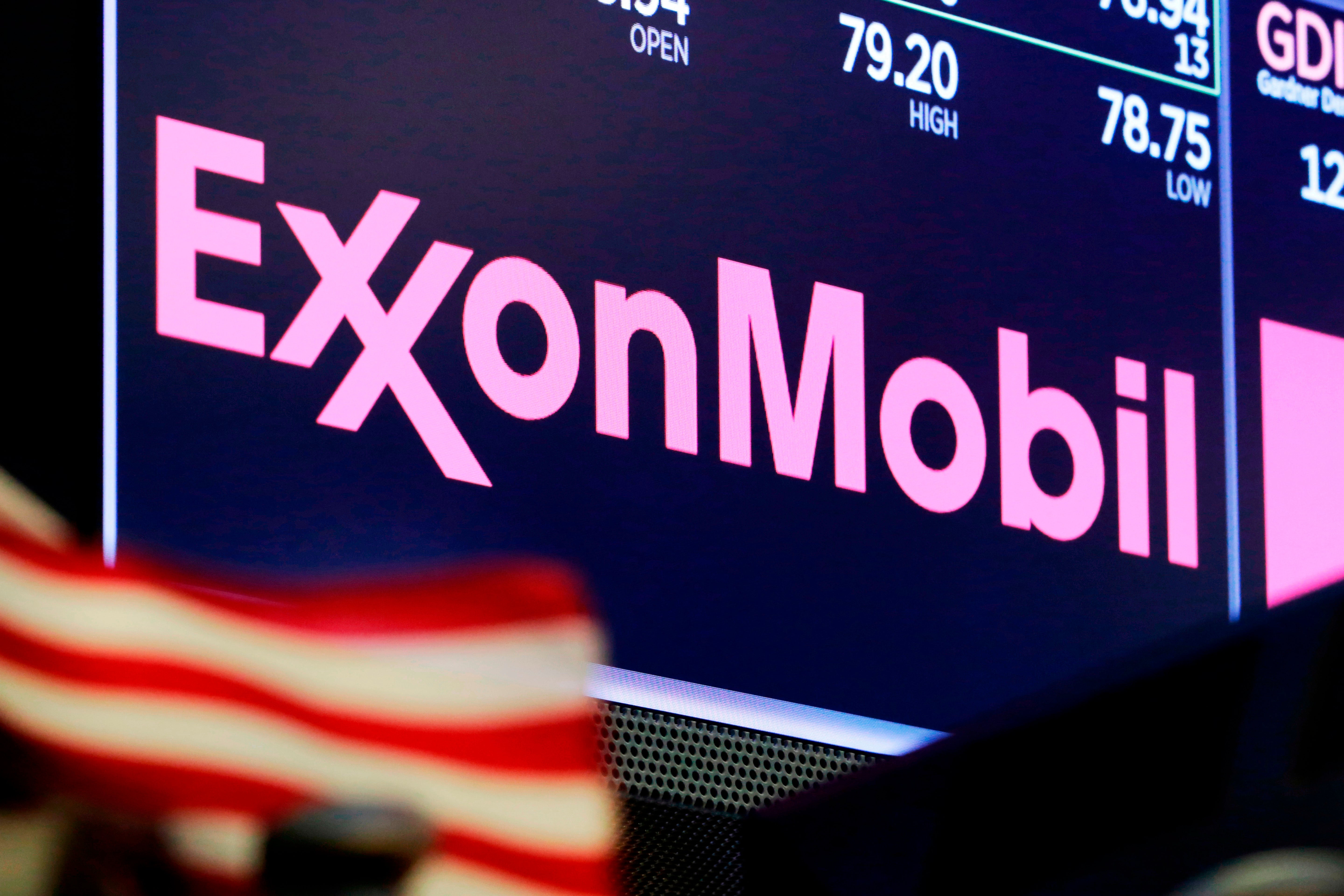Three of Exxon’s refineries on US list of biggest polluters
The company’s facility in Baton Rouge is the worst soot polluter in the country

Your support helps us to tell the story
From reproductive rights to climate change to Big Tech, The Independent is on the ground when the story is developing. Whether it's investigating the financials of Elon Musk's pro-Trump PAC or producing our latest documentary, 'The A Word', which shines a light on the American women fighting for reproductive rights, we know how important it is to parse out the facts from the messaging.
At such a critical moment in US history, we need reporters on the ground. Your donation allows us to keep sending journalists to speak to both sides of the story.
The Independent is trusted by Americans across the entire political spectrum. And unlike many other quality news outlets, we choose not to lock Americans out of our reporting and analysis with paywalls. We believe quality journalism should be available to everyone, paid for by those who can afford it.
Your support makes all the difference.Three Exxon Mobil oil refineries are pumping out eight times more than the average rate of soot pollutants than similarly-sized facilities operated by rival companies, according to a recent report.
Reuters analysed the results of a pollution test and found that the oil giant's three largest refineries – two in Texas and one in Louisiana – are the country's top three emitters of small particulate matter.
The refineries averaged emissions of 80 pounds per hour, which is eight times more than the average rate of similar refineries. The top polluter is Exxon's Baton Rouge refinery, which averages 138 pounds per hour.
Wilma Subra, a Louisiana-based scientist who used to serve on the Environmental Protection Agency's (EPA) National Environmental Justice Advisory Council, said the results reflect Exxon's failure to invest in emissions reduction.
"Exxon has all the resources in the world to lower its pollution rates dramatically," she said.
The company has long been a target for reform from climate activists, and recently lost two seats on its board of directors to an activist hedge fund that is aiming to force the firm to make climate change-focused reforms.
Exxon issued a statement saying that it tried to comply with environmental laws and that it has invested billions of dollars trying to reduce its emissions over the last two decades.
Activists have also noted that oil and gas pollution hurts poor and minority communities at a disproportional rate when compared to affluent or white communities. Those communities tend to be located closer to production facilities – like Exxon's refineries – and as a result are more impacted by the pollution they produce.
The neighbourhoods near Exxon's Baton Rouge refinery are primarily Black, and a third of the residents reported having breathing problems or knowing someone who did.
Eric Schaeffer, executive director of the Environmental Integrity Project, a Washington DC based watchdog group, said that the kind of pollution produced by facilities like Exxon's, are among the most harmful to humans.
"Particulate matter pollution is deadly, but you're not going to see it written on anyone's tombstone," he said.
The small particulate matter produced by the refineries are generally 50 times smaller than a grain of sand and can bond with other toxins. The tiny size of the particulates can enter the blood stream and damage human organs like the lungs as well as the heart and the nervous system.
Even small increases in long-term exposure to the particulate matter can lead to sizable increases in Covid-19 death rates, according to Harvard University.
Most plants cannot pollute at the rate of Exxon's plants due to EPA regulations, but the company's Baton Rouge plant is exempt because it was built before 1976, and has not been modified since.
Join our commenting forum
Join thought-provoking conversations, follow other Independent readers and see their replies
Comments